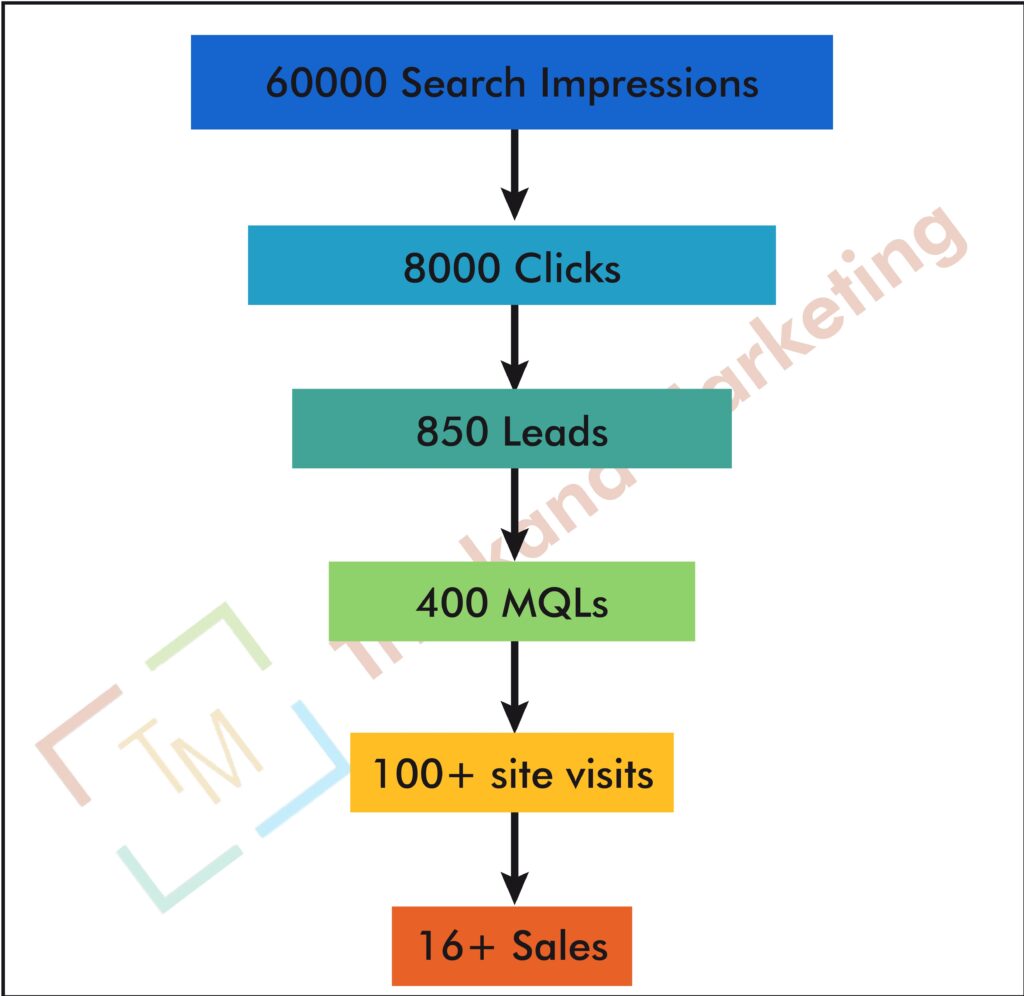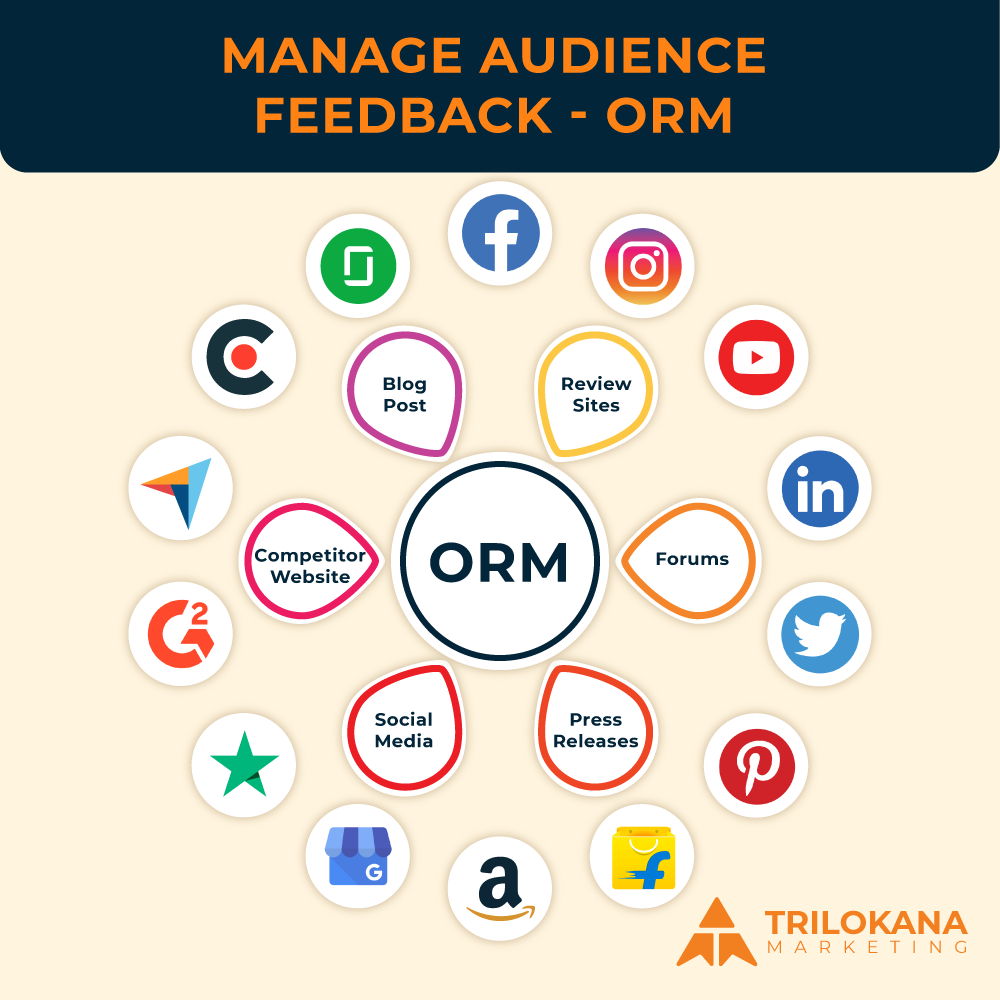In today’s digital landscape, managing multiple social media accounts can be overwhelming. A social media management platform is a crucial tool for brands looking to streamline their social media activities, optimize their strategies, and achieve their marketing goals. This guide explores the reasons why your brand needs a social media management platform and how it can benefit your overall social media strategy.
Streamline your efforts—understand the importance of a social media management platform for effective brand management.
- Centralized Management for Multiple Accounts
Overview: Managing multiple social media accounts across different platforms can be time-consuming and complex. A social media management platform allows you to handle all your accounts from a single dashboard, simplifying your workflow.
Benefits:
- Unified Dashboard: Access and manage all your social media profiles in one place, saving time and reducing the need to switch between different platforms.
- Consistent Posting: Schedule and publish content across multiple accounts simultaneously, ensuring consistent messaging and branding.
- Streamlined Collaboration: Facilitate teamwork by allowing multiple users to access and manage accounts with different roles and permissions.
Use Case: A brand with active profiles on Facebook, Instagram, Twitter, and LinkedIn can use a management platform to schedule posts, monitor interactions, and track performance from a single interface.
- Enhanced Content Scheduling and Planning
Overview: Effective social media marketing requires strategic planning and timely content delivery. A social media management platform provides tools to schedule and plan your content, ensuring you stay on top of your posting schedule.
Benefits:
- Content Calendar: Visualize and plan your content strategy with a calendar view, allowing you to organize posts, campaigns, and promotions.
- Automated Scheduling: Set up posts to be published at optimal times, even outside of regular working hours, to reach your audience when they are most active.
- Consistency and Frequency: Maintain a consistent posting schedule and avoid gaps in your content strategy.
Use Case: A retail brand can plan and schedule posts around key sales events and product launches, ensuring timely and consistent communication with their audience.
- Comprehensive Analytics and Reporting
Overview: Tracking the performance of your social media efforts is crucial for understanding what works and making data-driven decisions. Social media management platforms offer advanced analytics and reporting features to measure and analyze your performance.
Benefits:
- Performance Metrics: Track key metrics such as engagement, reach, impressions, and conversions to gauge the success of your campaigns.
- Custom Reports: Generate customized reports to assess performance, identify trends, and present insights to stakeholders.
- Data-Driven Decisions: Use analytics to refine your strategy, optimize content, and improve overall social media effectiveness.
Use Case: A tech company can analyze the performance of their product launch campaign across different platforms, using insights to adjust future marketing strategies.
- Efficient Social Listening and Engagement
Overview: Social media listening is vital for understanding audience sentiment and engaging with your community. A social media management platform includes tools for monitoring mentions, tracking conversations, and responding to interactions.
Benefits:
- Monitor Brand Mentions: Track mentions of your brand, products, and industry keywords to stay informed about what people are saying.
- Engage with Followers: Respond to comments, messages, and mentions in real-time, fostering positive interactions and building relationships.
- Sentiment Analysis: Analyze sentiment to gauge public perception and address any potential issues proactively.
Use Case: A hospitality brand can monitor guest feedback, respond to reviews and inquiries, and engage with users discussing their travel experiences.
- Advanced Targeting and Advertising Capabilities
Overview: Effective social media advertising requires precise targeting and optimization. Social media management platforms offer advanced advertising tools to help you reach the right audience and achieve better results.
Benefits:
- Targeted Ads: Create and manage targeted ad campaigns based on demographics, interests, and behaviors to reach your ideal audience.
- A/B Testing: Conduct A/B tests to compare ad variations and determine the most effective messaging and creative elements.
- Campaign Optimization: Monitor ad performance and make real-time adjustments to optimize results and maximize ROI.
Use Case: An e-commerce brand can run targeted ad campaigns for specific products, using advanced targeting features to reach potential customers and optimize ad spend.
- Improved Security and Compliance
Overview: Managing social media accounts involves handling sensitive information and adhering to platform policies. A social media management platform helps ensure security and compliance with industry standards.
Benefits:
- Secure Access: Control user access and permissions to safeguard your social media accounts from unauthorized access.
- Compliance Tools: Adhere to platform policies and industry regulations with built-in compliance features and guidelines.
- Risk Management: Monitor and address potential security risks to protect your brand’s reputation.
Use Case: A financial services company can use a management platform to ensure secure access for team members, comply with industry regulations, and manage risk effectively.
Investing in a social media management platform is a strategic decision that can significantly enhance your brand’s social media efforts. From centralized management and content scheduling to comprehensive analytics and advanced advertising capabilities, these platforms offer essential tools for optimizing your social media strategy. By leveraging the features of a social media management platform, you can streamline your processes, improve engagement, and achieve your marketing goals more effectively.



